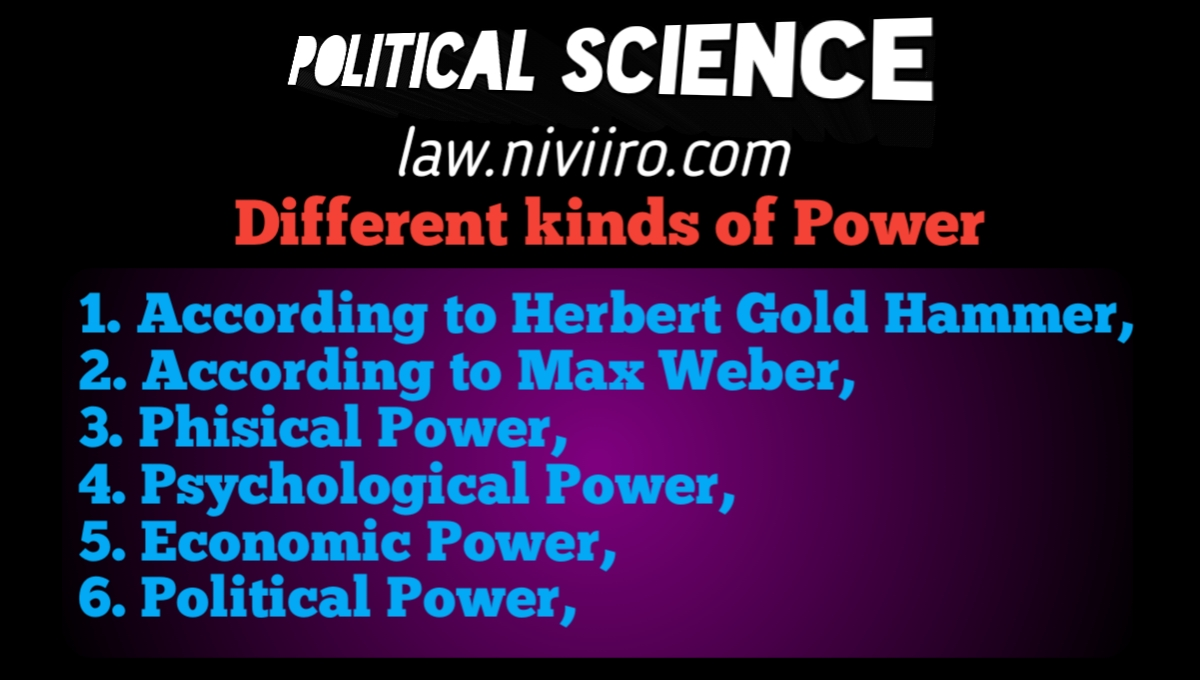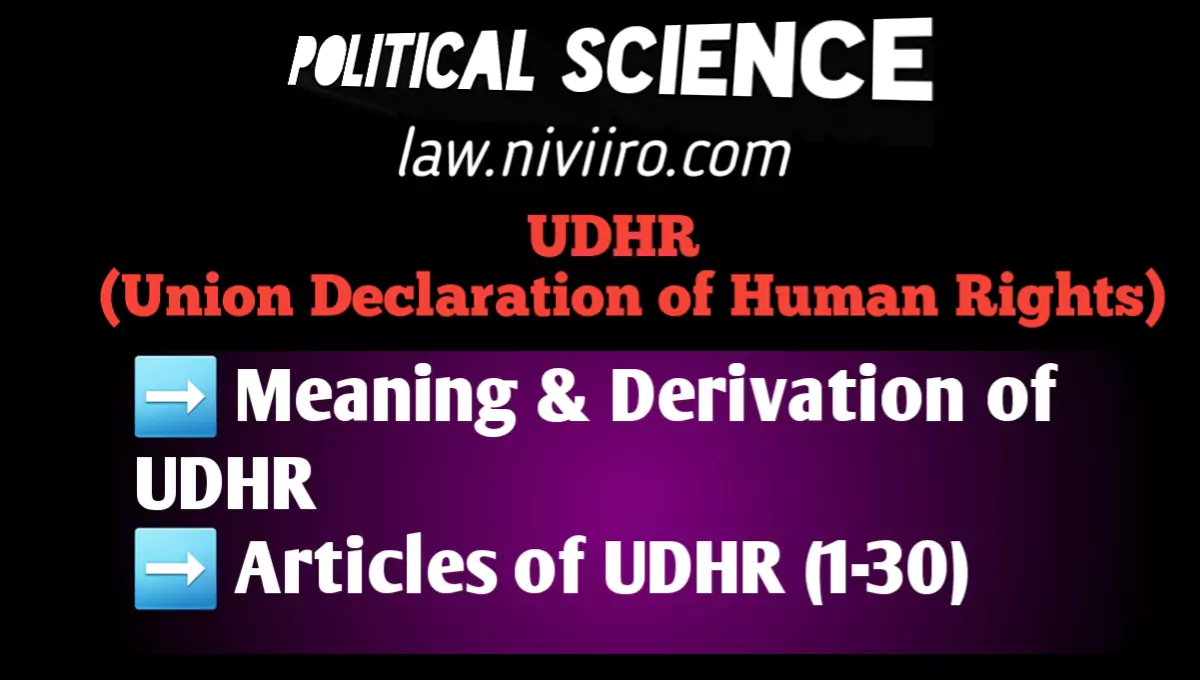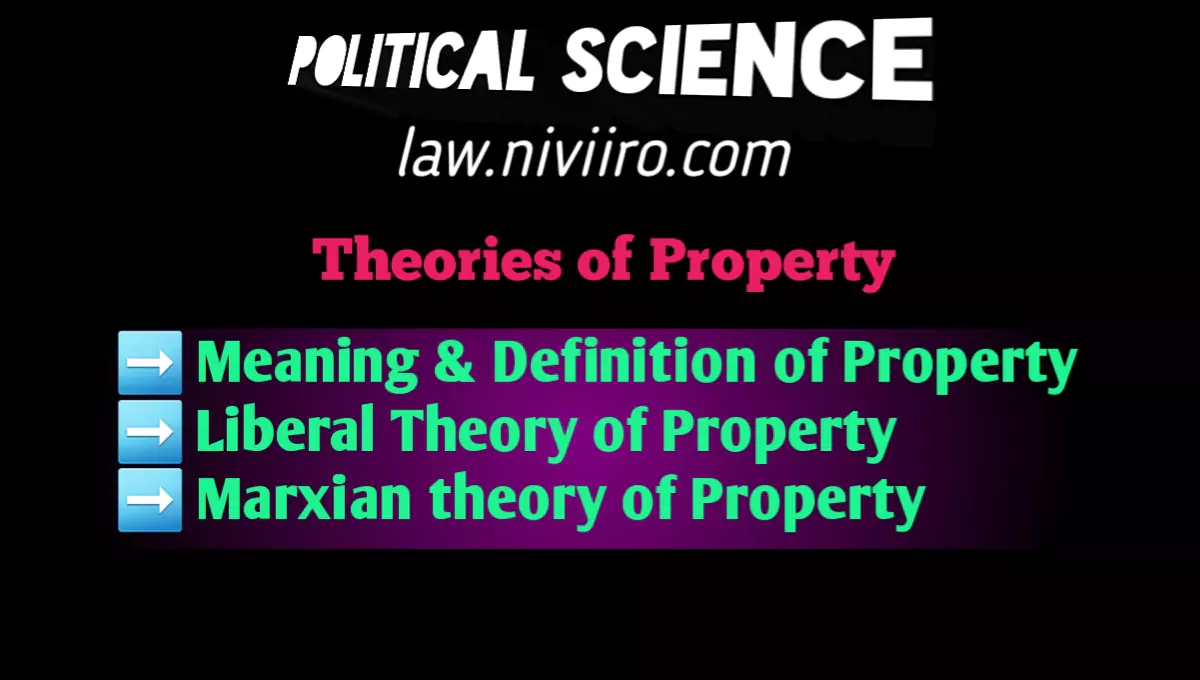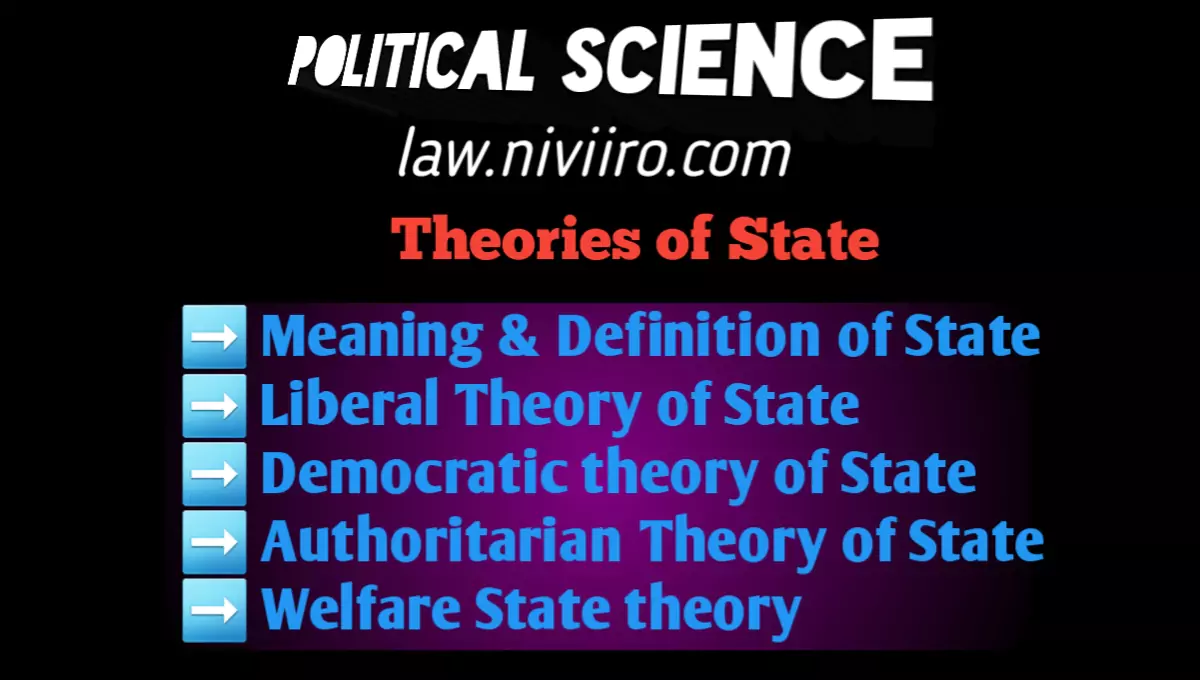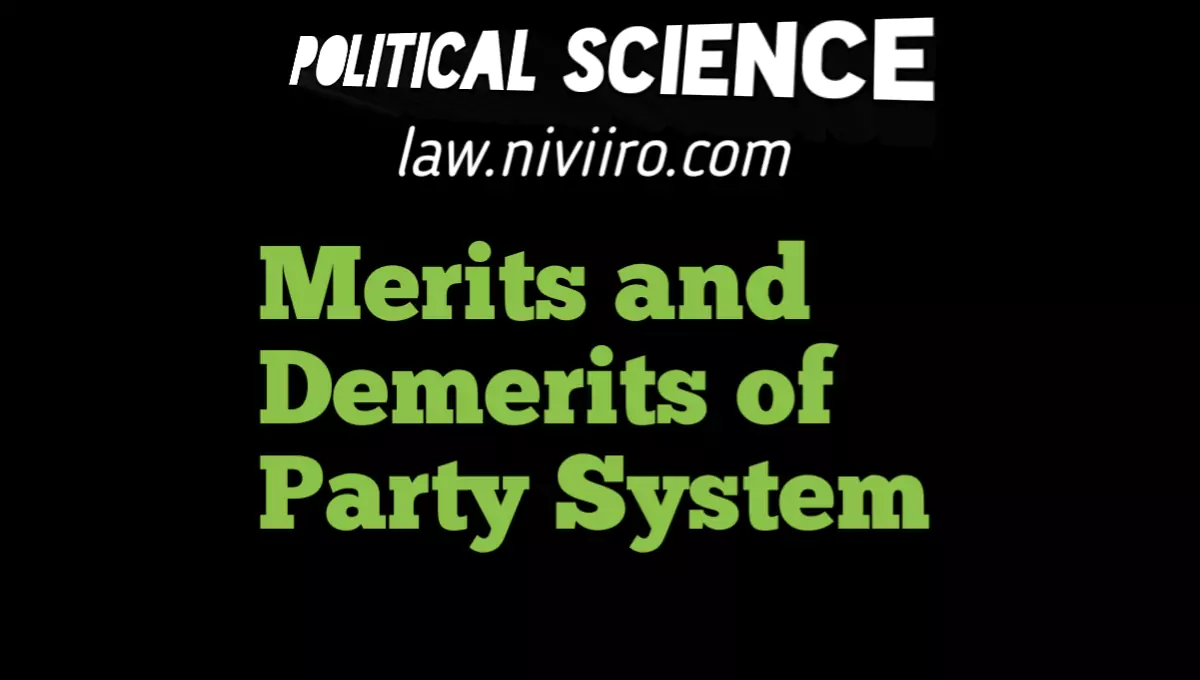Various scholars have stated different kinds of power. These are:
Kinds of power According to Herbert Gold Hammer and Edward A. Shills :
Herbert Gold Hammer and Edward A. Shills have stated three forms of power on the basis of extent to which behaviour is influenced. It is:
- Force – Using force, one influences the behaviour of subordinate individuals by threatening or imposing physical sanctions such as assault, detention, and so on.
- Domination – in domination, he influences their behaviour by making explicit to others what he wants them to do, such as, by command, request., etc.
- Manipulation – He influences others’ behaviour without making clear the behaviour he wants them to perform, for as by using symbols or performing specific behaviours, as in propaganda.
Kinds of power According to Max Weber :
According to Max Weber, from the legal point of view power has been classified into legitimate and illegitimate. Legitimate power may be of three kinds:
- Legal power – Legal power is the authority granted by the country’s laws and constitution, such as the power of the army or the police.
- Traditional power -The sources of traditional power are societal customs and traditions, such as the power of parents or teachers.
- Charismatic power -The sources of charismatic power are special qualities, such as the power of religious leaders such as Sai Baba over his followers.
Illegitimate power – it is not recognised by society. Dacoit power, for example. Weber calls illegitimate power as Coercion.
Physical Power | Different Kinds of Power
It is a significant power used by the state to ensure that its citizens execute its directives. Normally, individuals are used to carrying out state orders and following the laws in their personal and the society’s interests, however circumstances may emerge when the laws are opposed to public wishes. In such a setting, laws may be broken and violence may occur. In that case, the state will employ its police or military force to the degree necessary. As a result, the people comply with government orders under the threat or dread of physical power or force.
In the Democratic countries the physical power is decentralized with land, air and naval forces in army and there is a nuelear power too. In the absence of strong military power, the political power is likely to be unstable due to the fear of force from outside. The democratic countries have decentralised military power, hence the chances of revolution are less.
Psychological Power | Different Kinds of Power
This form of power is utilised to manipulate people’s thoughts by appealing to their emotions. The extent to which people are persuaded to take a specific action is determined by the various means of propaganda deployed and the methods used to employ those means. T.V., radio, newspapers, platforms, and so on are commonly utilised to emotionally contact individuals.
Different countries utilise diplomatic strategies to conceal the truth and showcase their own superficial strength in order to strengthen other countries. As part of diplomatic strategy, the Prime Ministers and Presidents of two warring nations broadcast or transmit their message in their respective languages. The BBC, radio, and other media outlets broadcast similar programmes in Hindi or other languages of foreign nations in order to influence public opinion and cause awe and disorder.
Thus, psychological power is a mixture of many svmbolic gadgets that have a direct impact on people’s thoughts. In other words, psychological power is comprised of symbolic methods that appeal to men’s minds and emotions.
Economic Power | Different Kinds of Power
It is a type of power that comes from economic prosperity. It denotes that power comes to a person or state as a result of strong economic and financial backing. Economically successful countries typically aim to exert economic control over developing and underdeveloped countries. Economically powerful states now wield power over poor and economically dependent states since the former can financially assist the latter in carrying out development objectives. Nations wield power through international trade, economic aid, and other means.
Today, the world listens to the United States of America, Germany, Japan, England, and France since these are economically prosperous nations that other nations look to for economic support for their development and financial stability.
Political Power and Military Power
Political and military power are both types of power in a broader sense. There is a significant distinction between political and military power. Military strength is secondary in terms of political power. Political power is built on psychological influence, leadership, and willpower. Money, arms and ammunition, material, and voting influence all contribute to political power.
The difference between political power and military power can be understood on the following grounds :
1. Power is not actual exercise of force but a capacity to make use of Political power is mainly psychological whereby man control minds and actions of other men. Military power is actual exercise of force in an organised manner.
2. Whenever, there is actual exercise of military or para-military power it means political power has been rendered ineffective and has abdicated its role in favour of organised coercion,
3 Politicians tacitly accept their failure when military takes over. The latter can be used for short term, limited and immediate purposes.
Related Post
What are the Kinds of power According to Max Weber ?
According to Max Weber, from the legal point of view power has been classified into legitimate and illegitimate. Legitimate power may be of three kinds:
1. Legal power-Legal power is the authority granted by the country’s laws and constitution, such as the power of the army or the police.
2. Traditional power-The sources of traditional power are societal customs and traditions, such as the power of parents or teachers.
3. Charismatic power-The sources of charismatic power are special qualities, such as the power of religious leaders such as Sai Baba over his followers.
What do you mean by Legal power ?
Legal power – Legal power is the authority granted by the country’s laws and constitution, such as the power of the army or the police.
What do you mean by Traditional power ?
Traditional power -The sources of traditional power are societal customs and traditions, such as the power of parents or teachers.
meaning of Physical Power ?
t is a significant power used by the state to ensure that its citizens execute its directives. Normally, individuals are used to carrying out state orders and following the laws in their personal and the society’s interests, however circumstances may emerge when the laws are opposed to public wishes.
References
- J.C. Johari, Political Science
- Prof. H.C. Verma, Modern Political Theory
- Prof. S.L. Verma, Modern Political Theory
- V.D. Mahajan, Political Theory
- M.P. Jain, Political Theory liberal and Marxiam
- Foundations of Political Science, Dr. Sunita Gangwal
- R.C. Agarwal, Political Theory













